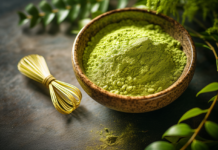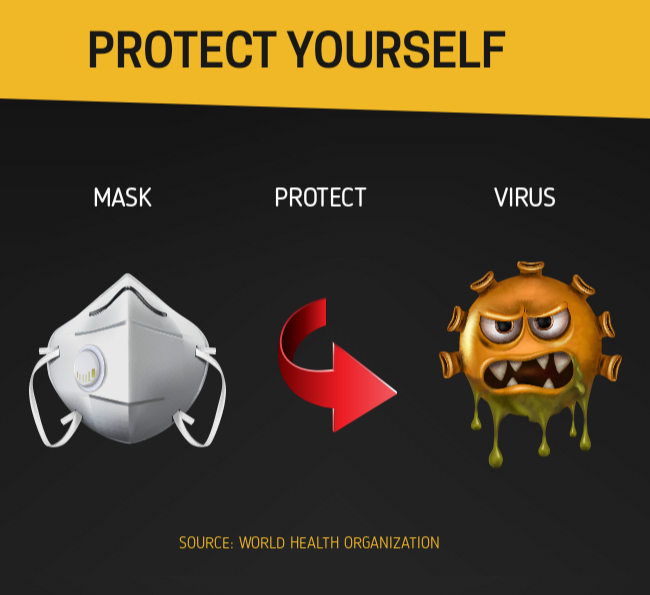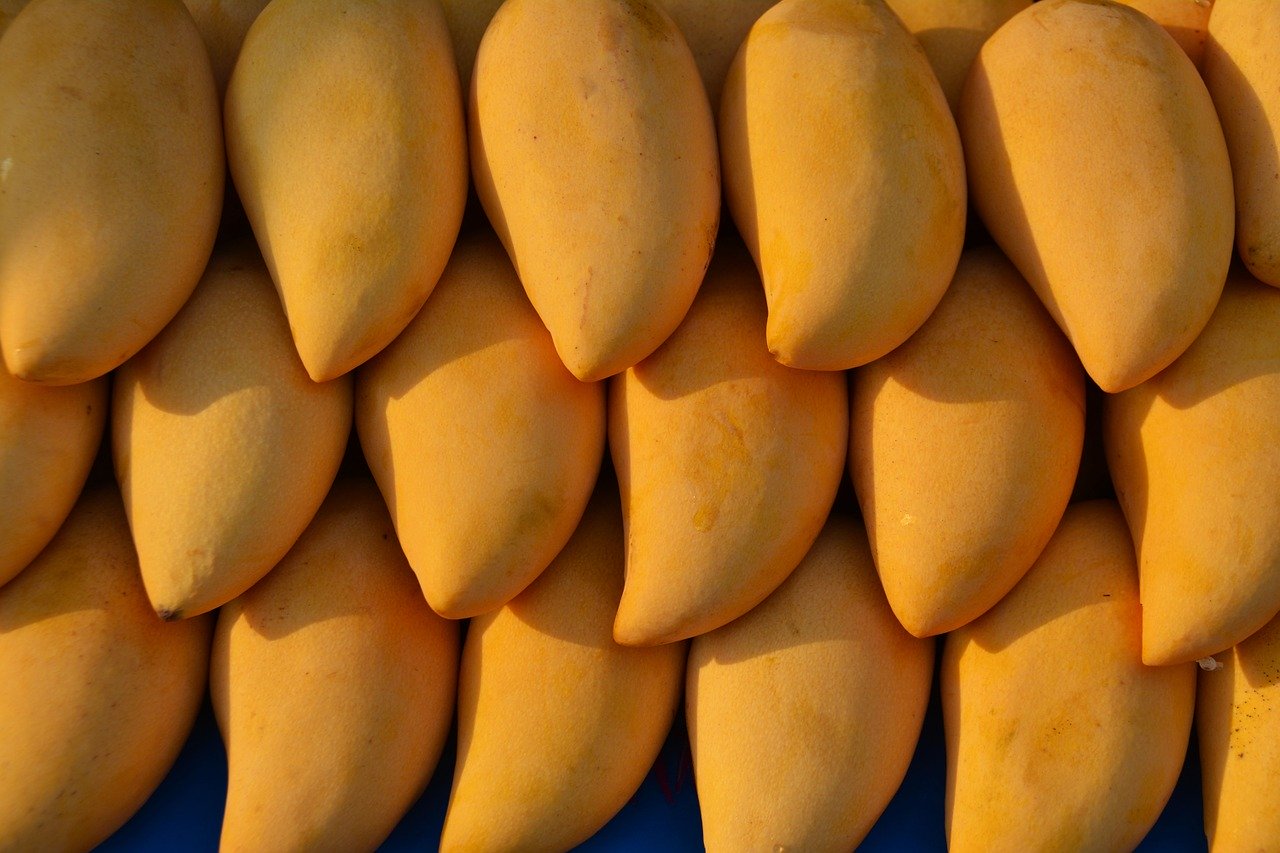n today’s fast-paced world, where convenience often takes precedence over health, the use of pesticides in agriculture has become ubiquitous. While pesticides serve the purpose of protecting crops from pests and increasing yield, they come with a hidden cost – toxicity. The residues left behind on fruits and vegetables can pose significant health risks to consumers, ranging from mild irritation to chronic diseases. However, amidst growing concerns, there’s a glimmer of hope in the form of natural remedies, with baking soda emerging as a hero in the battle against pesticide toxicity.
Understanding Pesticide Toxicity:
Pesticides are chemicals specifically designed to kill or repel pests that threaten crops. They are commonly used in conventional farming practices to ensure a bountiful harvest. However, their widespread use has raised serious environmental and health concerns. Residual pesticides on produce can find their way into our bodies through ingestion, inhalation, or skin contact, leading to a myriad of health issues such as hormonal disruption, neurotoxicity, and even cancer.
The Baking Soda Solution:
In the quest for safer alternatives, baking soda has emerged as a surprisingly effective remedy for removing pesticide residues from produce. Unlike harsh chemicals like bleach, which may leave behind their own toxic residues, baking soda offers a gentle yet powerful solution. Its alkaline nature helps break down pesticide molecules, rendering them less harmful.
Scientific Relevance and Reference Studies:
Several studies have demonstrated the efficacy of baking soda in reducing pesticide residues on fruits and vegetables. A study published in the Journal of Agricultural and Food Chemistry found that soaking apples in a baking soda solution significantly reduced the concentration of two commonly used pesticides, thiabendazole and phosmet, by up to 80% compared to water alone [1]. Similarly, research conducted by scientists at the University of Massachusetts, Amherst, revealed that washing with a baking soda solution effectively removed pesticide residues from tomatoes and sweet peppers, with reductions ranging from 46% to 96% depending on the type of pesticide [2].
How to Use Baking Soda to Remove Pesticides:
- Prepare a Baking Soda Solution: Mix one teaspoon of baking soda with two cups of water in a clean container. Ensure thorough dissolution to create an effective cleaning solution.
- Soak and Rinse: Submerge the fruits or vegetables in the baking soda solution, ensuring they are completely covered. Allow them to soak for 15-20 minutes. During this time, the baking soda works its magic, loosening pesticide residues from the surface.
- Scrub (if necessary): For produce with tougher skins or surfaces, such as apples or cucumbers, gentle scrubbing with a soft brush can help dislodge stubborn residues.
- Rinse Thoroughly: After soaking, rinse the produce under cold running water to wash away both the baking soda solution and the loosened pesticide residues. Ensure thorough rinsing to remove any traces of baking soda.
- Pat Dry: Once rinsed, pat the produce dry with a clean cloth or paper towel. This step not only removes excess moisture but also helps to further eliminate any remaining pesticide residues.
Additional Tips to Reduce Pesticide Exposure:
- Choose Organic: Opting for organic produce can significantly reduce pesticide exposure as organic farming practices prohibit the use of synthetic pesticides and fertilizers.
- Peel and Trim: When feasible, consider peeling the outer layers of fruits and vegetables, as pesticide residues tend to accumulate on the surface. Additionally, removing stems, leaves, and other non-edible parts can further reduce exposure.
- Wash with Vinegar: A solution of vinegar and water (one part vinegar to three parts water) can also help remove pesticide residues. Follow a similar soaking and rinsing process as with baking soda.
In conclusion, while the prevalence of pesticides in our food supply may seem daunting, there are simple and inexpensive steps we can take to minimize our exposure. Embracing natural remedies like baking soda not only safeguards our health but also promotes a holistic approach to wellness. By making informed choices and adopting mindful practices, we can nourish our bodies and cultivate a healthier future for generations to come.
References:
- Lu, C., & He, Y. (2008). Effectiveness of Commercial and Homemade Washing Agents in Removing Pesticide Residues on and in Apples. Journal of Agricultural and Food Chemistry, 56(8), 2711–2718. https://doi.org/10.1021/jf7037972
- Bhalerao, R., Bodhankar, R., Dubey, N., & Bodhankar, S. (2018). Detection and removal of pesticide residues in vegetables: A review. Journal of Pharmacognosy and Phytochemistry, 7(1), 1834-1838.























